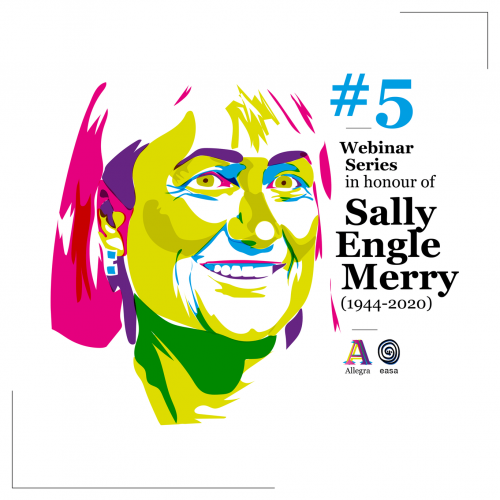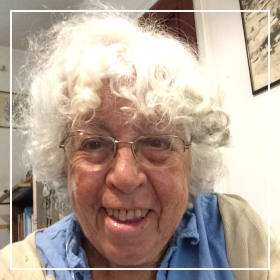Pnina Werbner (Keele University) will speak about “Legal Consciousness Compared: The Case of Botswana”. Sophie Andreetta (Université de Liège) will be the discussant.
PLEASE NOTE THAT THIS WEBINAR TAKES PLACE AT 9.30am CET.
PLEASE ALSO NOTE THE NEW ZOOM-LINK FOR THIS EVENT
When: 26 February 2021 / 9.30-11 am CET
Link: https://zoom.us/j/96385183041
ID: 963 8518 3041
Password: 672357
Abstract
In her early book, Getting Justice and Getting Even: Legal Consciousness among Working-class Americans, Sally Engle Merry highlights working-class Americans’ involvement in small claims courts, claiming that this is a peculiarly American tendency: ‘The consciousness of legal entitlement and the consequent turning to the law are profoundly democratic, radically egalitarian, and fundamentally American. This legal entitlement is an outgrowth of a faith in the law, a faith observed early by Tocqueville and other commentators on the American scene’ (Merry 1990: 181). Since the book was written, legal consciousness has become a ‘vibrant research field’ as a recent article, ‘Legal consciousness reconsidered’ (Chua and Engels 2019) documents, identifying three major trends in this field. The article neglects, however, the original emphasis in Merry’s research on the everyday national culture of ‘legal entitlement’. My paper argues, against Merry’s stress on American uniqueness that in Southern Africa, and particularly Botswana, faith in legal entitlement and of going to law clearly prevails both in interpersonal relations at village level and in relations with the state, in trade union legal activism against the odds.
References
Merry, S.E. (1990) Getting Justice and Getting Even: Legal Consciousness among Working-class Americans. Chicago, IL: University of Chicago Press






